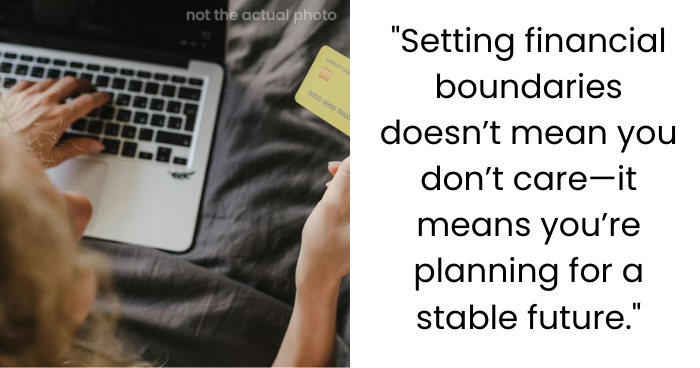Mom Demands Full Access to 24-Year-Old’s Future Savings, but Faces Pushback
In a unique combination of frugality and familial demands, a 24-year-old is currently caught in a dilemma with her mom, who is pushing her to put her savings account under her control. Even though she contributes to the household and her younger brother, her mother insists on being able to access directly for ‘family emergencies.
The woman has only offered assistance with true emergencies on her own terms, but her unwillingness to give up control has led to accusations of being selfish and untrustworthy. Their older sister backs their mother up, asking whether there’s any sense in saving money if not to help its family. The woman is torn between wondering whether her desire to feel in charge of her money for the joint venture is being ungrateful or making a realistic choice.
The author of the post is 24 years old, but she had built up a fairly decent emergency fund for herself, aspiring to buy a house one day

However, recently, the woman’s mom asked her to share full access to her savings account with her
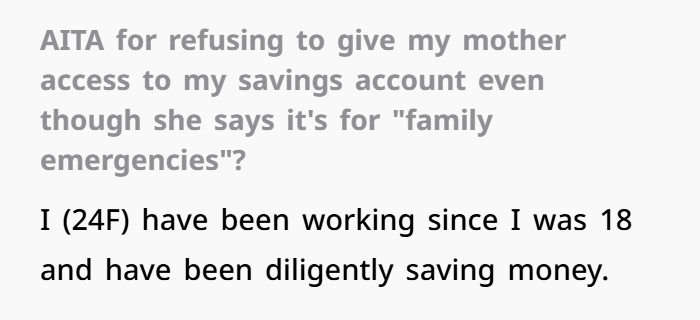
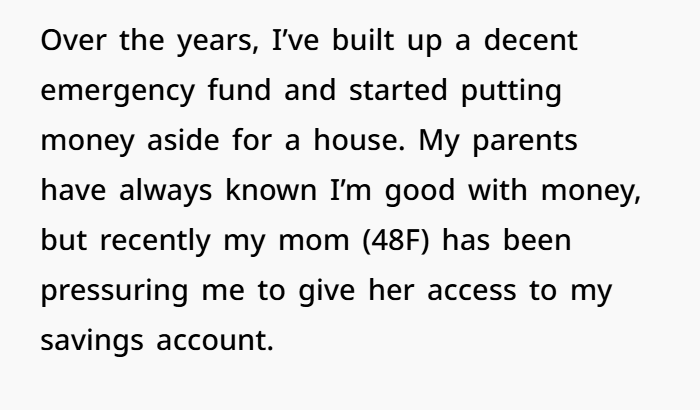
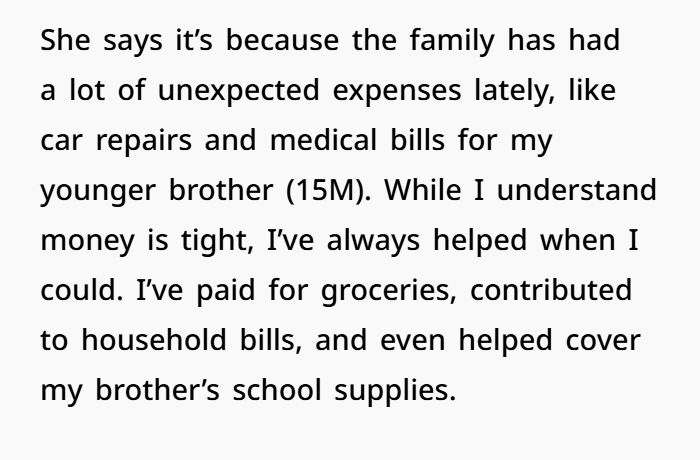


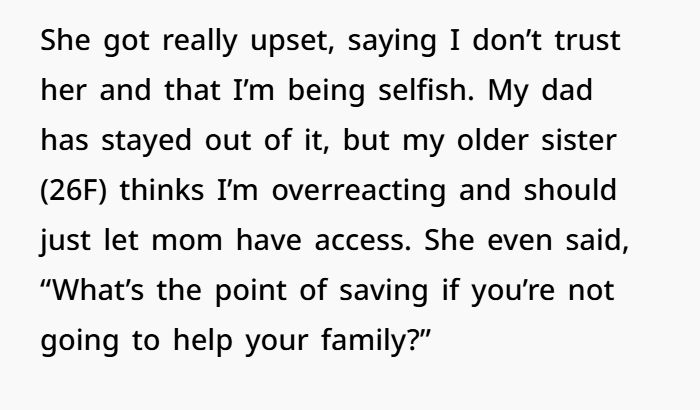
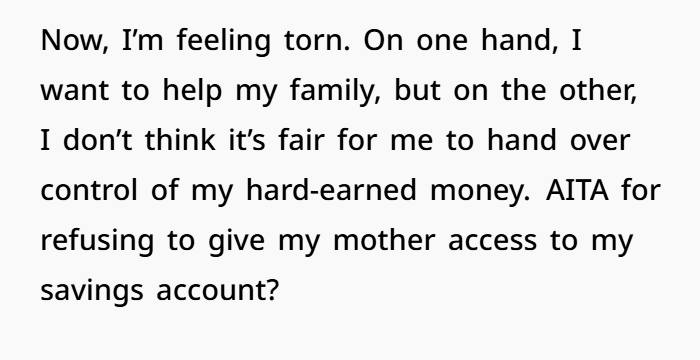
Establishing Boundaries in Financial Responsibility

Young adults often have a difficult time hobbling together objectives that are largely their own and financial boundaries are especially important when family commitments are in play. Some recent research by the Financial Planning Association found that many adult children are effectively forced to financially support their families, but that the practice puts their own financial health at risk. If you are a kind person to help family, handing over their account number along with your bank book to your family may not be a wise idea, because this is allowing other people unlimited access to an account — which can lead to a loss of control or a irresponsible misuse of money.
Also, it is the number one thing you can do that takes you a step closer to personal milestones like home ownership, retirement… etc., Here, it is not a selfish act for the woman to deny access, it is an acknowledgment that she wants to protect her future, but doesn be of help for her family without losing control over herself.
The Risks of Shared Account Access
Giving access to a savings account is a big no-no. Forbes writes that sharing access to financial accounts can be a breeding ground for conflict, miscommunication and even abuse–even in the best of circumstances. Withdrawal of funds without clear communication can disrupt long-term financial plans.
Also, it’s best to consult an attorney, who will warn you that granting someone unlimited abilities to access an account could further complicate finances. In the event of the account going into overdraft or in other mismanagement against the wishes of the primary account holder, their credit score and financial reputation could suffer, in which case the limited user account could be heavily damaged without reviewing the primary account holder.
Balancing Family Obligations and Independence
When money is involved, family dynamics may make it even messier. Research reported in Family Relations highlights that communication and compromise are essential in managing familial tensions in financial expectations. Instead of giving full access, the woman could suggest other arrangements, such as building a family emergency fund or agreeing to transfer a certain amount to cover regular costs.
It is also important to understand that helping with money should be collective. Even though the woman has been performing this role, her sister is available and any family could take unnoticed shift, to balance the existing burden of support.
Emotional Implications of Financial Conflict
But these kinds of disagreements can take a huge emotional toll. A lack in trust as well as accusations of selfishness can damage relationships, especially between a parent and a child. Family therapists recommend that people walk that line of direct and firm and still be respectful non the less. Conversely, briefly explaining why her savings are important for her long-term plans — at this stage of life, would probably do more to defuse tension than make her appear any less strong.

Most of the commenters, however, claimed that the author was right and urged her not to share the access to her money anyway

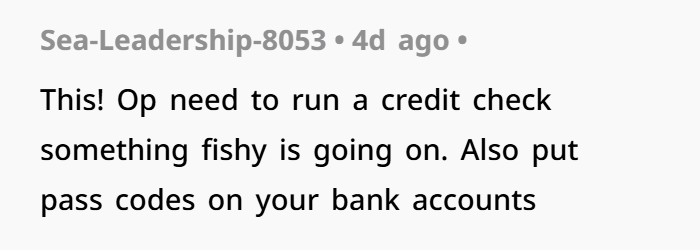
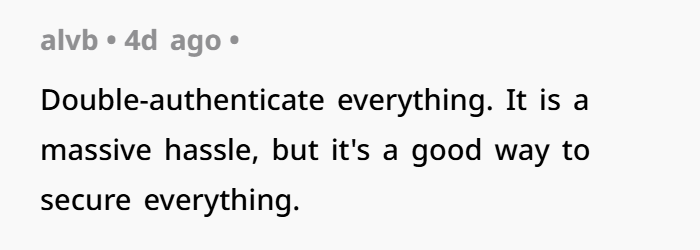

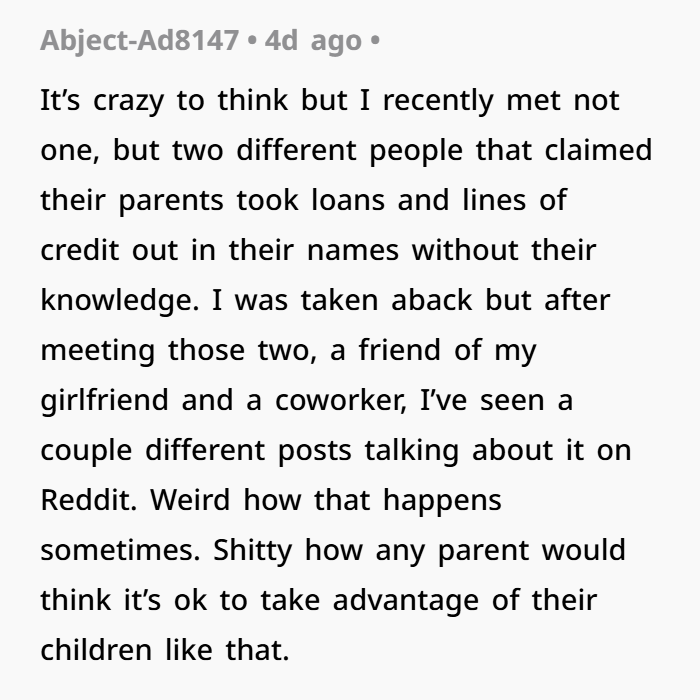

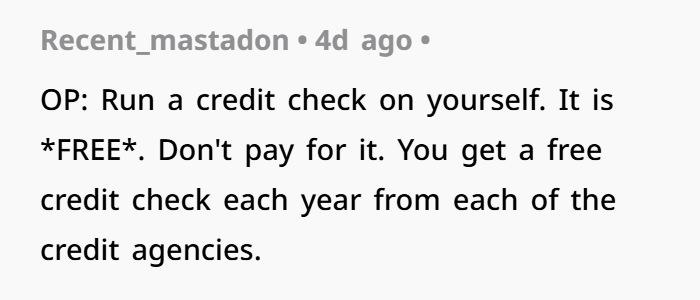
This is not a selfish reaction by the woman but rather a smart move to secure her financial future and not let her mother have unrestricted access to her savings. Though you want to help family, but do not deteriorate your work or independence. This will enable her to help her family in a way that she can afford, and communicate clearly her boundaries and limits, finding a middle path of helping her family and at the same time safeguarding her security.

